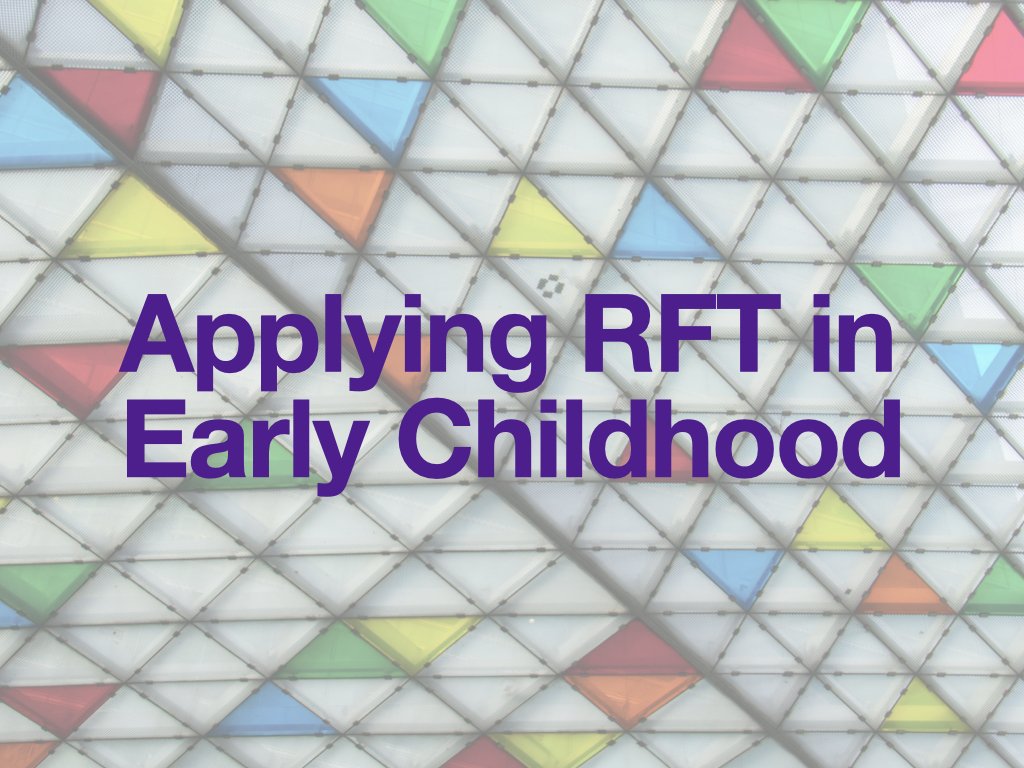Overview
Meeting Dates:
Introduction: July 8 11 - 11:30 am US Eastern
Module One—Getting Oriented: Case Conceptualization in EIBI: July 22 11 am - 12 pm US Eastern
Module Two—Early Learners: Foundations and assessing for early DRR: Aug 5 11 am - 12 pm US Easte
Module Three—Same/Different: An exemplar of curricular sequencing: August 19 11 am - 12 pm US Easte
Module Four—Early Relations: Comparison, opposite, spatial & temporal relations: Sept 2 11 am - 12 pm US Easte
Module Five—Increasing Complexity: Deictics, analogy/metaphor, and rules: Sept 16 11 am - 12 pm US Easte
Objectives
Experiential Objectives
1. Assess relational responding repertoires with respect to (a) coordination (equivalence), (b) difference, (c) comparison, (d) opposite, (e) spatial, (f) temporal relations, and (g) deictics.
2. Include an analysis of relational responding repertoires as well as other generative processes and potential deficits when (a) presenting and (b) giving feedback on cases.
3. Develop or refine a case conceptualization/case review process for your practice that (a) integrates RFT and (b) integrates a consideration of psychological flexibility.
Technical/Educational Objectives
1. Define and describe the function/purpose of case conceptualization within ABA.
2. Define and give examples of generative processes including stimulus generalization, response induction, recombinative generalization, exclusion, observational learning, and relational framing.
3. Define and give examples of the properties of relational framing with respect to (a) coordination (equivalence), (b) difference, (c) comparison, (d) opposite, (e) spatial, (f) temporal relations, and (g) deictics.
4. Define and give examples of analogy and metaphor as relations between relations.
5. Define and give examples of rule-governed behavior.
6. Define and describe the dimensions of relational framing and their relation to psychological flexibility.

